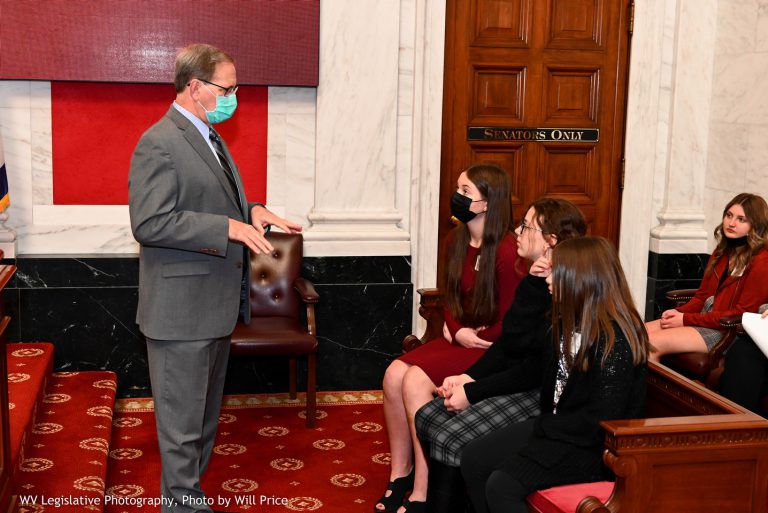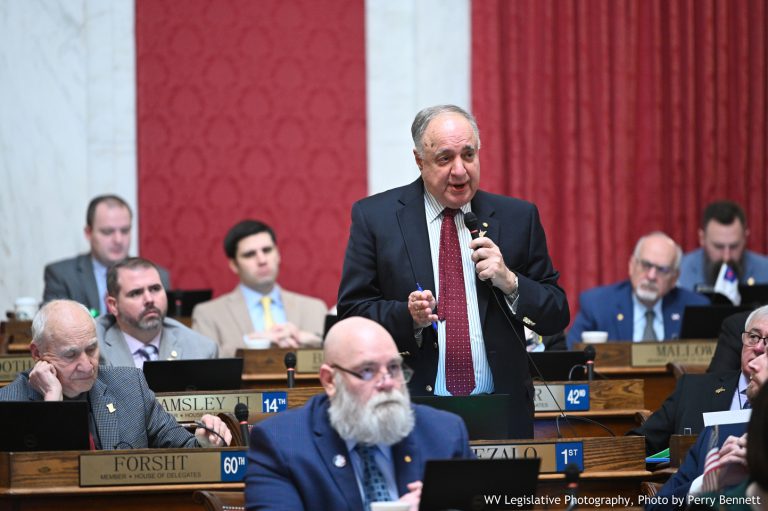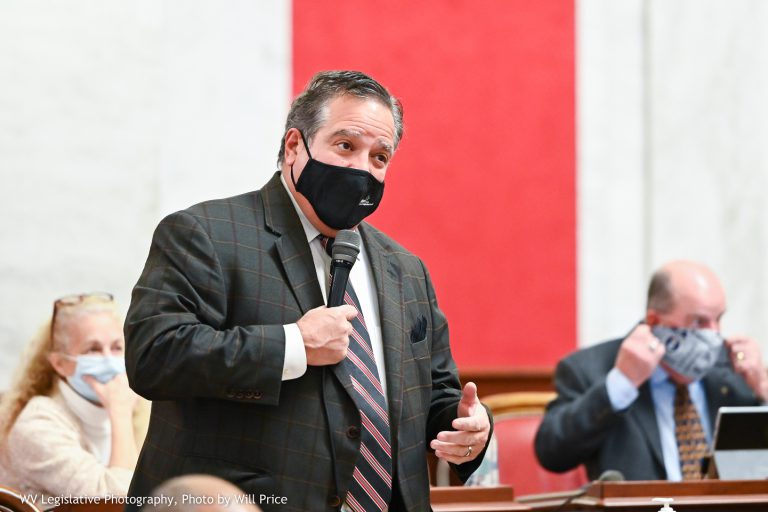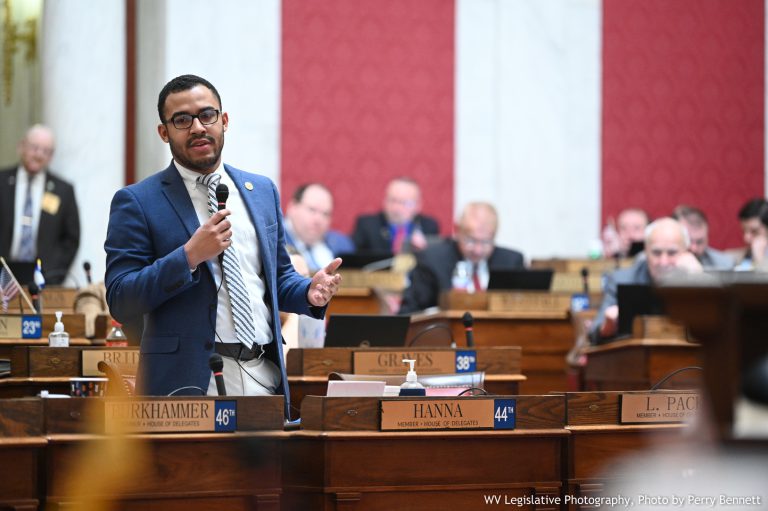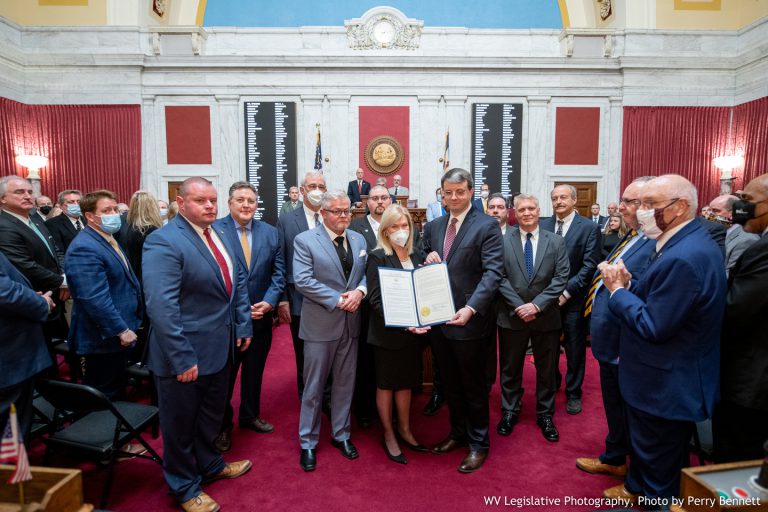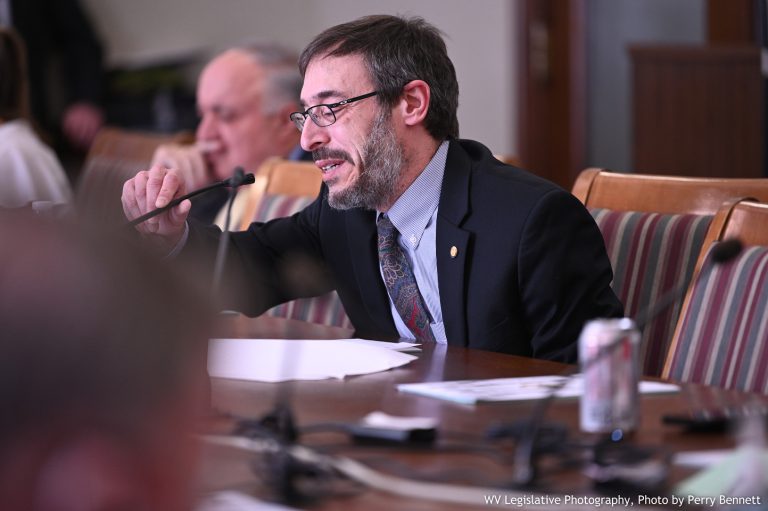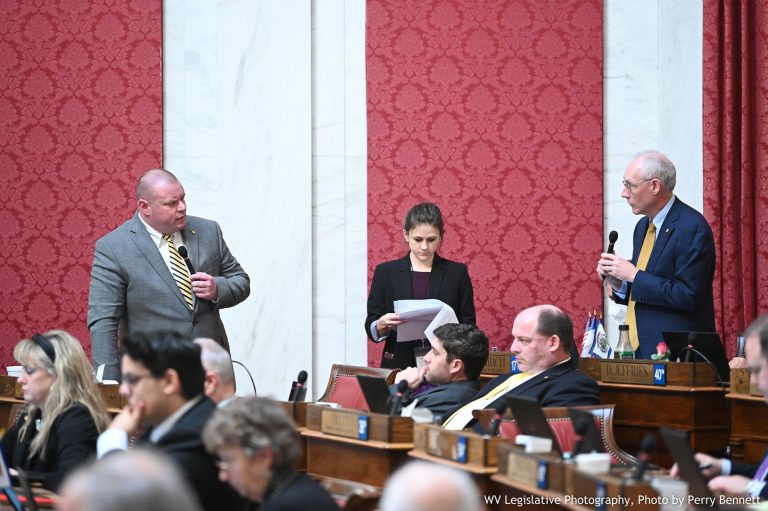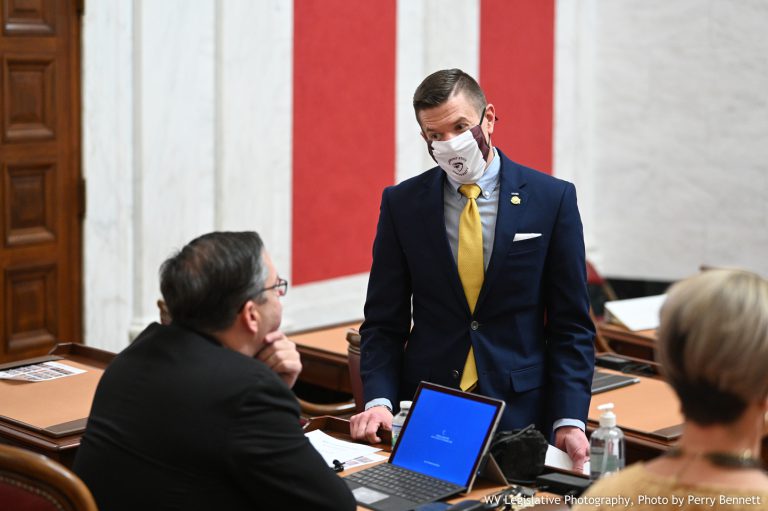The Senate passed a bill Monday that would require require video cameras to be placed and periodically reviewed by administrators in special education classrooms throughout West Virginia.
The need for Senate Bill 261 became clear last fall when Trenton Bowden, 9, was abused in his special education classroom at Holz Elementary School in Charleston, WV. If there had not been video evidence of the abuse in the classroom, it may never have been discovered.
The parents of Trenton, Craig and Beth Bowden, testified before the Senate Education committee on Jan. 20. They described multiple instances seen on the video of their son and other students being thrown to the floor by their hair, slapped, and verbally abused. Many of the students are nonverbal or cognitively delayed, and thus are incapable of reporting the abuse themselves.
The legislation requires a specific school administrator or county designee to review video footage of these classrooms for no less than 15 minutes, no less than every 90 days. It also requires schools to keep the footage for 365 days, where technology allows.
The bill passed on a unanimous 34-0 vote and now heads to the House of Delegates for consideration.
The Senate is adjourned until tomorrow at 11 a.m.
Senate Judiciary will meet at 3 p.m. in 208W.
Senate Finance will meet at 3 p.m. in 451M.
Senate Transportation and Infrastructure will meet tomorrow at 10 a.m. in 451M.


